Gardening can be a rewarding and relaxing hobby. It connects you with nature and improves your surroundings.
In this post, we will share the best tips for gardening. Whether you are a beginner or an experienced gardener, these tips will help you grow healthy plants and create a beautiful garden. A well-maintained garden can bring joy and satisfaction, offering a peaceful escape from daily stress.
By following these simple tips, you will learn how to care for your plants, manage soil health, and handle common gardening challenges. Get ready to dig in and discover the secrets to a thriving garden. Let’s start this green journey together and make your garden flourish.
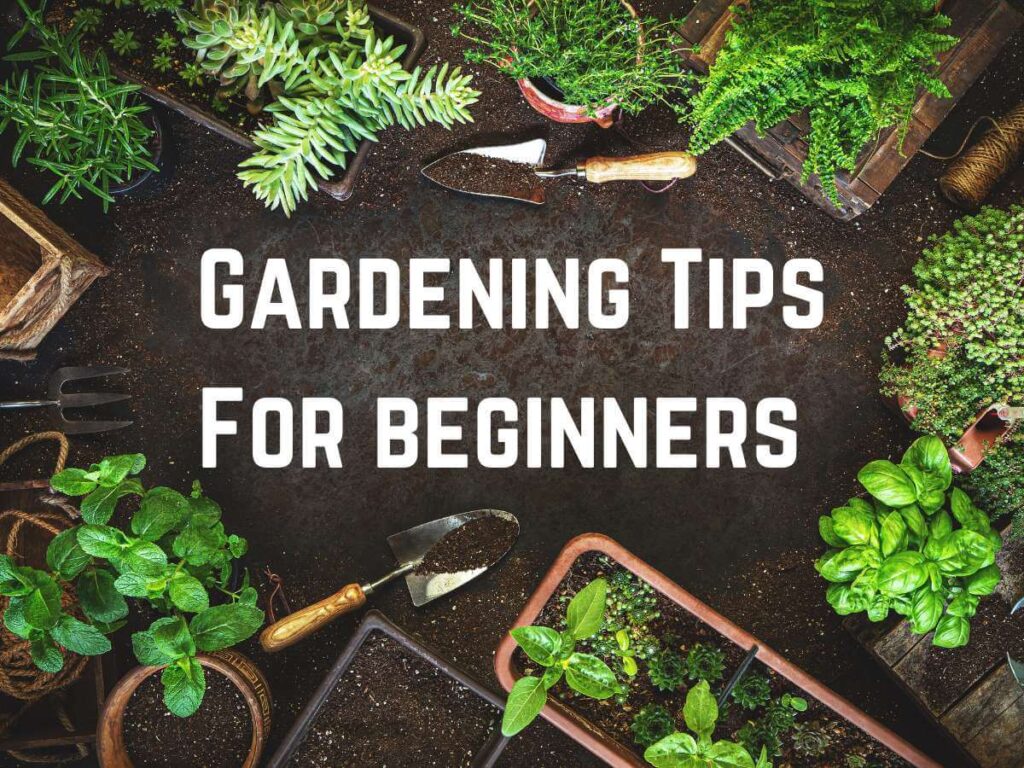
Credit: www.learntogrowgardens.com
Choosing The Right Plants
Select plants that thrive in your area’s climate and soil. Choose easy-to-grow varieties for a beautiful garden. Ensure proper sunlight and water for each plant type.
Climate Considerations
Check the climate in your area. Some plants need warm weather. Others prefer cool climates. Choose plants that fit your local weather. This helps them grow better and healthier.
Soil Compatibility
Test your soil before planting. Some plants need rich soil. Others do well in sandy soil. Knowing your soil type helps you pick the right plants. This ensures they get the nutrients they need. Healthy soil leads to strong plants.
Preparing The Soil
Preparing the soil is essential for a healthy garden. Start by removing weeds and rocks. Add compost to enrich the soil.
Soil Testing
Testing the soil is very important. It tells you the pH and nutrients in the soil. You can use a home testing kit. Follow the instructions on the kit. This helps to know what your soil needs. If the pH is too high, add sulfur. If the pH is too low, add lime. This will help your plants grow better.
Amending The Soil
Good soil is key for a healthy garden. Add compost to improve the soil. Compost adds nutrients and helps retain water. Manure is also good for soil. Make sure it is well-rotted. Mix these into the soil well. This will make your plants happy. Always check the soil texture. It should be loose and crumbly. This helps roots grow easily.
Planting Techniques
Plants need space to grow. Too close, they struggle. Too far, they waste soil. Each plant has a proper depth for planting. Shallow seeds can dry out. Deep seeds might not sprout. Research your plant’s needs. Follow the recommended guidelines for spacing and depth.
Different plants love different seasons. Spring is great for many veggies. Summer suits heat-loving plants. Some plants prefer cooler fall weather. Winter gardens need hardy, frost-tolerant plants. Check your area’s climate. Plant at the right time for best results.
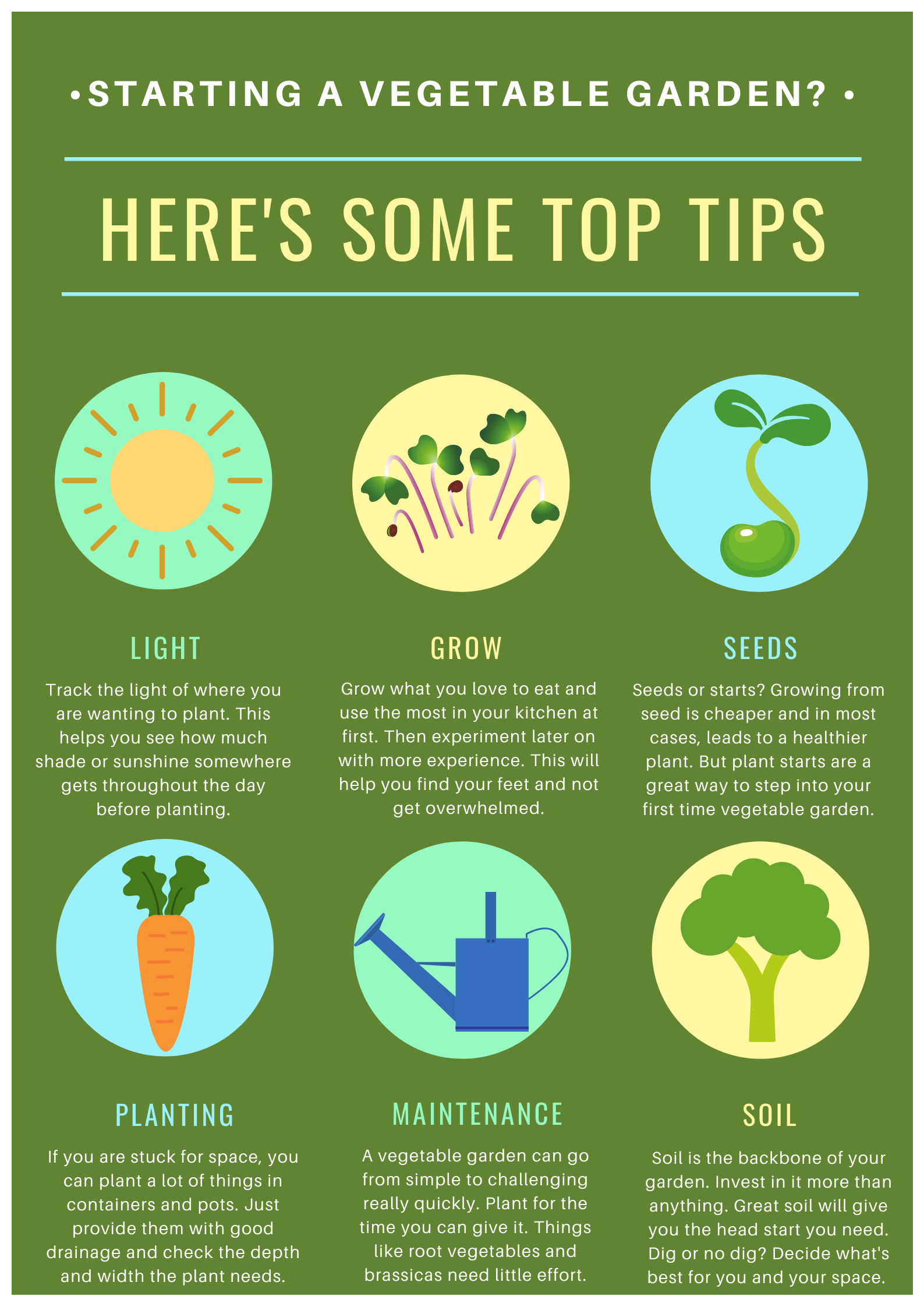
Credit: www.themothercooker.com
Watering Strategies
Watering plants correctly is key for a healthy garden. Water early in the morning to reduce evaporation. Deep watering encourages strong root growth.
Optimal Watering Times
Early morning is the best time to water plants. The soil absorbs water well. Plants stay hydrated longer. Avoid watering in the evening. Wet leaves at night invite disease. Watering mid-day wastes water. It evaporates quickly. Follow these tips for healthy plants.
Efficient Irrigation Systems
Using an efficient irrigation system saves water. Drip irrigation is effective. It delivers water directly to the roots. Less water is wasted. Sprinklers can also be used. Choose the right type. Some are better for large areas. Others work well in small gardens. Regularly check your system. Fix leaks promptly. Healthy plants need proper irrigation.
Fertilizing Your Garden
Fertilizing your garden ensures plants get essential nutrients. Use compost or organic fertilizer for healthy growth. Regular feeding boosts blooms and yields.
Types Of Fertilizers
Organic fertilizers come from plants or animals. Examples are compost, manure, and bone meal. Inorganic fertilizers are man-made. They include chemical nutrients like nitrogen, phosphorus, and potassium. Each type has its own benefits. Organic fertilizers improve soil health. Inorganic fertilizers offer quick results. Choose based on your garden’s needs.
Application Methods
Broadcasting is spreading fertilizer evenly over the soil. Side-dressing means placing it near plant roots. Foliar feeding involves spraying liquid fertilizer on leaves. Each method suits different plants. Broadcasting covers large areas. Side-dressing targets specific plants. Foliar feeding offers quick nutrient absorption. Choose the best method for your garden.
Pest And Disease Control
Many gardens face problems with pests. Aphids, caterpillars, and slugs are common. Look for holes in leaves. Check for sticky residue. Small insects may be hiding under leaves.
Use natural solutions like neem oil. Soap sprays can help too. Ladybugs eat aphids. For stronger problems, try chemical solutions. Always read labels. Follow safety instructions.
Pruning And Trimming
Good tools make pruning easy. Use sharp shears for clean cuts. Loppers help with thick branches. A pruning saw is best for large limbs. Clean tools after each use. This prevents the spread of disease. Cut at an angle. This helps the plant heal. Remove dead or weak branches first. Always cut just above a bud or branch.
Prune most plants in late winter or early spring. This is before new growth starts. Avoid pruning in late fall. Plants need time to heal before cold weather. Some plants need summer pruning. Check the specific needs of each plant. Flowering shrubs should be pruned after they bloom. This keeps them healthy and full of flowers.

Credit: joegardener.com
Maintaining Garden Health
Check your garden often. Look for pests and diseases. Remove any dead leaves or plants. This helps prevent problems. Make sure to water your garden well. But do not overwater. Too much water can harm plants. Use compost to add nutrients to the soil. Healthy soil means healthy plants. Prune plants to keep them strong.
Different seasons need different care. In spring, plant new seeds. Fertilize the soil. In summer, water more often. Check for pests. In fall, clean up the garden. Remove fallen leaves. In winter, protect plants from cold. Use mulch to keep roots warm. Each season needs special attention.
Frequently Asked Questions
What Are The Best Tips For Beginner Gardeners?
Start with easy-to-grow plants like herbs and vegetables. Use quality soil and ensure proper drainage. Water plants regularly and provide adequate sunlight.
How Often Should I Water My Garden?
Watering frequency depends on the plant type and climate. Generally, water deeply once or twice a week. Avoid overwatering.
What Is The Best Soil For Gardening?
Loamy soil is ideal for most plants. It retains moisture, drains well, and is rich in nutrients. Improve it with compost.
How Can I Prevent Pests In My Garden?
Use natural pest deterrents like neem oil or garlic spray. Encourage beneficial insects like ladybugs. Maintain healthy soil and plants.
Conclusion
Gardening can be both fun and rewarding. Use these tips to improve your garden. Water plants regularly and use good soil. Choose the right plants for your climate. Keep an eye out for pests and weeds. Practice patience, as plants need time to grow.
Enjoy the process and the beauty of your garden. Happy gardening!

My mission is to help you bring the beauty of nature indoors with expert advice, detailed plant care guides, and creative design ideas.
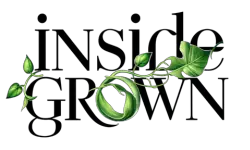
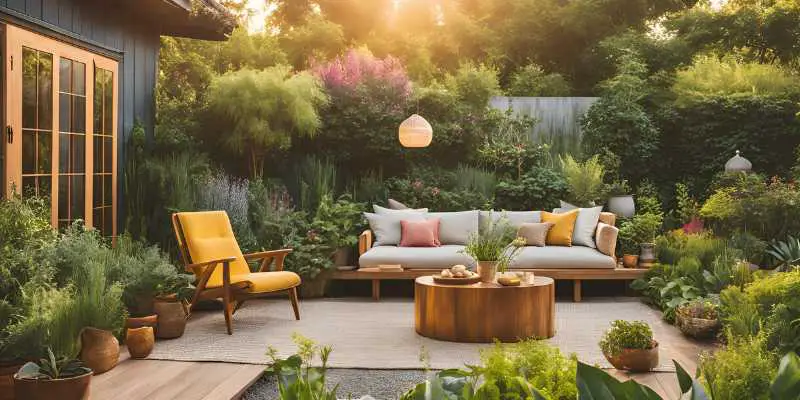
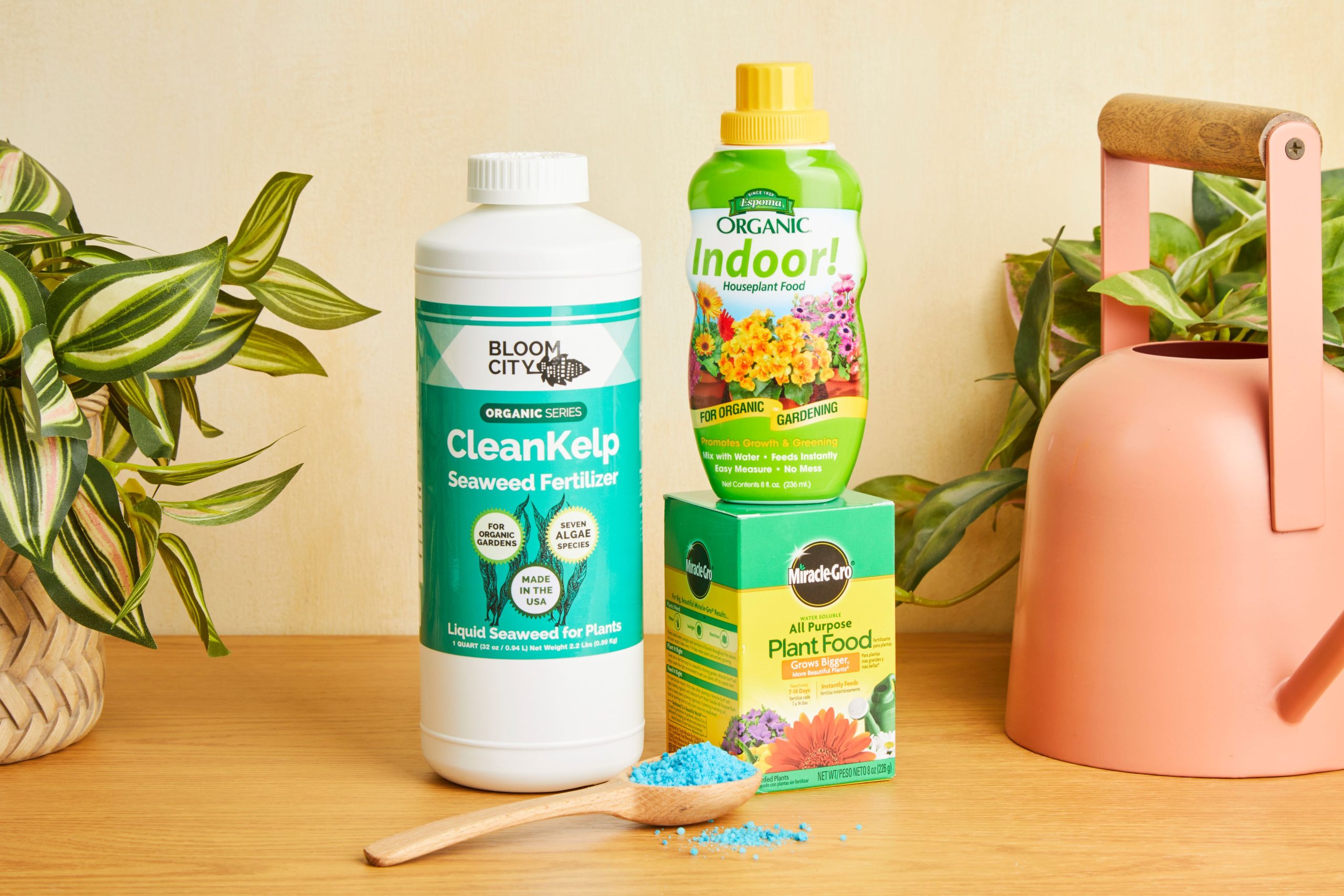
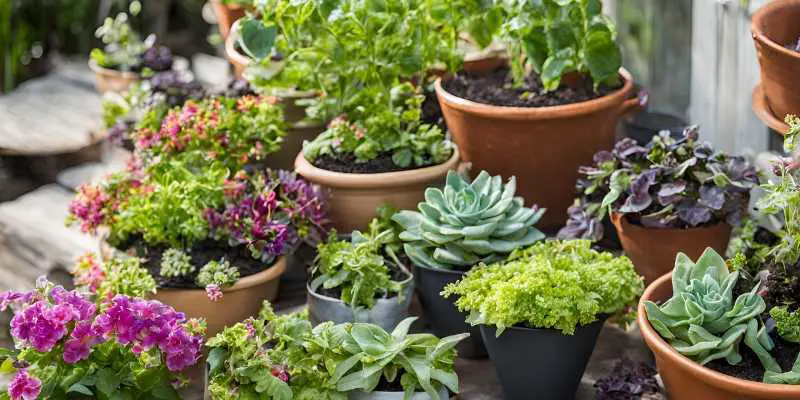
Leave a Reply